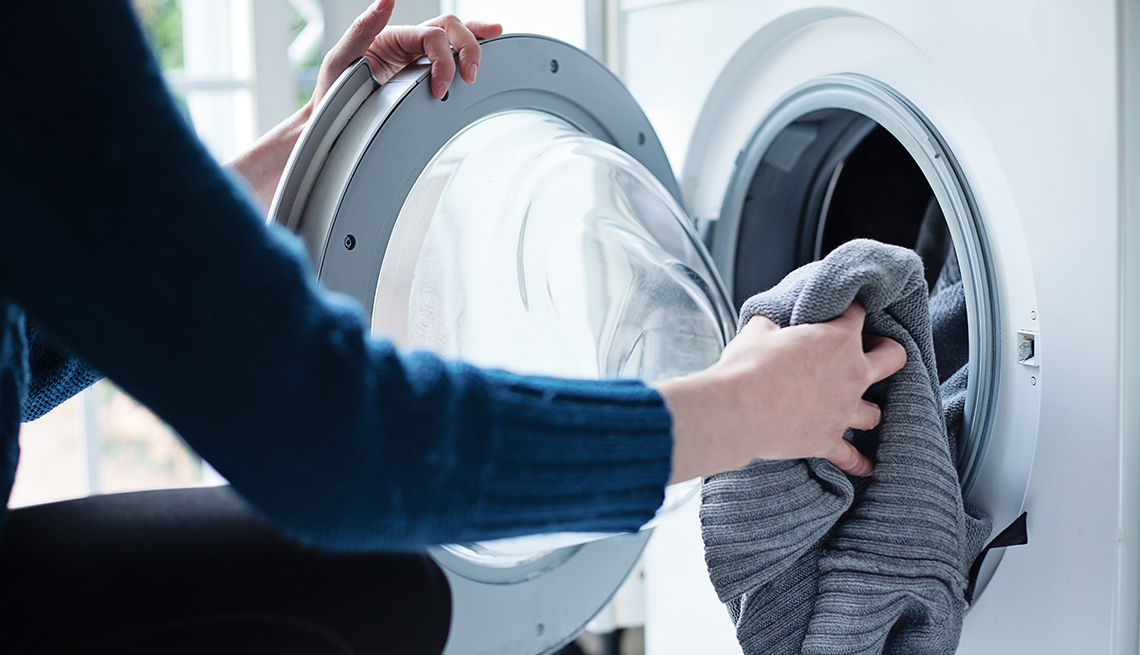
Appliances get hygiene, covid-19 protection features
- Select a language for the TTS:
- UK English Female
- UK English Male
- US English Female
- US English Male
- Australian Female
- Australian Male
- Language selected: (auto detect) - EN
Play all audios:

While COVID-19 can live on surfaces like plastic, stainless steel and metal for periods ranging from a few hours to a few days, the latest studies show that the risk of transmitting the
virus through contact with contaminated surfaces is low. "If touching contaminated surfaces had been the largest mode of transmission, we would've had a lot more cases,” Hoyen
says. “The biggest spread is ‘droplet spread’ that is best stopped by wearing a mask and washing your hands." However, Hoyen says there might be advantages to using the bacteria-and
virus-killing features to prevent the spread of bacteria like salmonella and E. coli, though regular cleaning and handwashing with soap and water are also sufficient to kill the coronavirus.
A CUTTING-EDGE TOOL WORTH CONSIDERING To kill COVID-19 you should still take precautions, using disinfecting wipes on frequently touched surfaces such as the handles of the refrigerator,
dishwasher, oven and microwave. Charles Gerba, professor of microbiology at the University of Arizona, also suggests wearing disposable or washable gloves to handle clothing if someone in
the house is ill because microorganisms can spread through dirty clothes. Washing face masks is also essential. A 2020 study published in BMJ Open found that laundering face coverings in hot
water daily was effective for protecting against COVID-19 infections, but you don't need a new washing machine with a sanitizing cycle to do it. "SARS-CoV-2 is a pretty wimpy
virus,” Gerba says. “Common disinfectants, wiping things down and detergent and hot water are enough to kill it." Even though Gerba isn't sold on the need to upgrade to appliances
with advanced hygiene features to reduce the risk of COVID-19 transmission, he does think there is one appliance that might be worth adding to your home: a disinfecting cabinet. Turkish
manufacturer Beko introduced several appliances with “HygieneShield” features that are designed to eliminate bacteria, viruses and germs, including a UV cleaning cabinet. The unit, similar
in size to a small microwave, uses ultraviolet light to zap viruses, including the coronavirus, on high-touch items like keys, mobile phones and wallets during a 20- to 40-minute cycle.
These types of tools are used in the medical community. While they might not be a necessity for COVID-19, they might be a good investment to combat bacteria that are more hardy, Gerba says.
“For disinfecting high-use, commonly shared items, it might be worthwhile." _Jodi Helmer is a contributing writer who covers gardening, health and the environment. She has also written
for _Scientific American_, _National Geographic Traveler_ and _NPR_._
